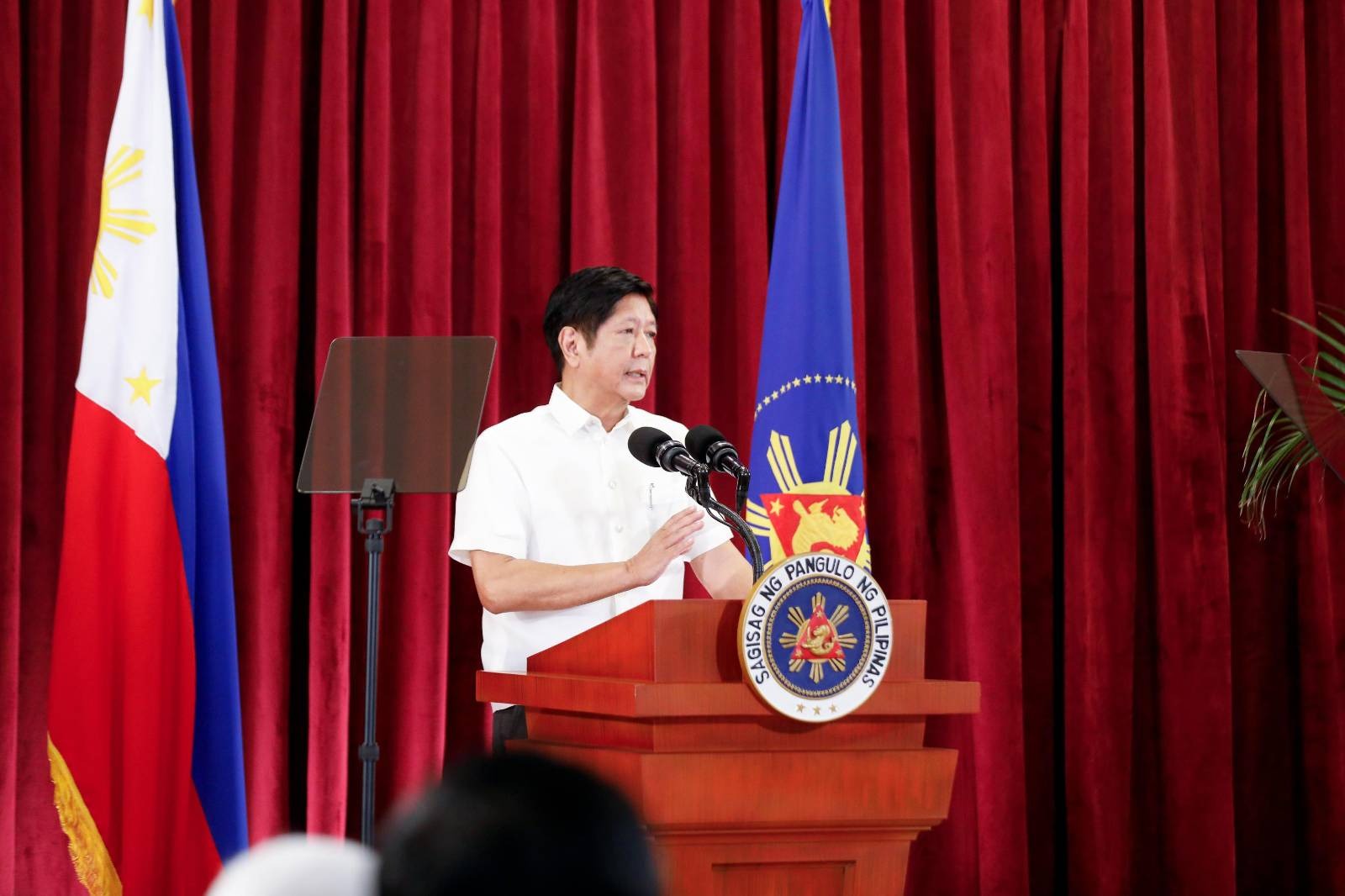Marcos assures support for Pinoys in Mideast countries
At A Glance
- Marcos pushed for the upskilling of Filipino workers to meet the demands of the increasing digital transformation in the modern workplace.
- The GCC countries are home to more than 2 million Filipinos.
President Marcos has assured Filipinos working in the Middle East that the government will support them and that he has called on their host countries to safeguard their rights and welfare.

Marcos said this as he arrived in Manila on Saturday, Oct. 21, from his trip to Riyadh, Kingdom of Saudi Arabia, for the first Association of Southeast Asian Nations-Gulf Cooperation Council (ASEAN-GCC) Summit,
In his speech, the President summarized the results of his short trip to Saudi Arabia. He highlighted his push for protecting overseas Filipino workers (OFWs) in the Gulf states.
"With the GCC countries (being) home to more than 2 million hardworking Filipinos, I, of course, (I) called for the safeguarding of their rights and of their welfare," he said.
According to Marcos, he likewise pushed for the upskilling of Filipino workers to meet the demands of the increasing digital transformation in the modern workplace.
During his visit to Riyadh, President Marcos found time to meet the members of the Filipino community. He assured them that the government was ready to assist them.
"I assured our kababayans of our continued support and assistance of the Philippine Government in the sacrifices that they have made for the country and for their families and that we will continue to support them in any way that they need," he said.
In a roundtable discussion with Saudi business leaders, President Marcos witnessed the signing of a Memorandum of Understanding (MOU) between EEI Corporation and Samsung Engineering NEC Co. Ltd. (SENEC). The agreement is valued at $120 million.
According to the President, the agreement would establish a 500-person capacity training facility in the Philippines, which would upskill Filipino employees in various professions in the construction industry.
"The facility aims to train at least 3,000 Filipinos a year and more than 15,000 Filipinos in the next five years, ready for deployment with their newfound skills," he said.